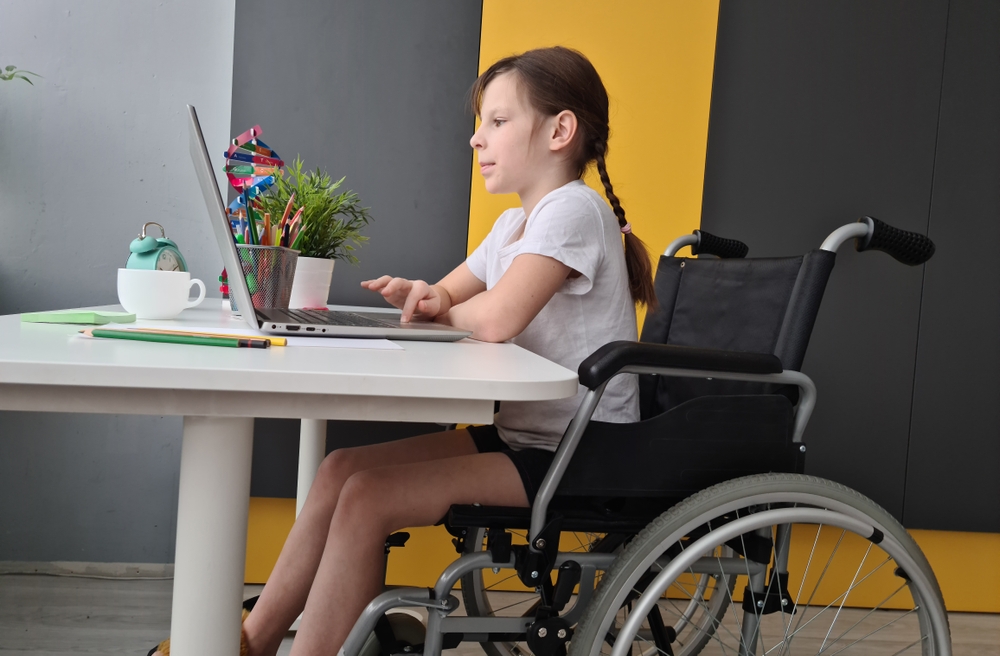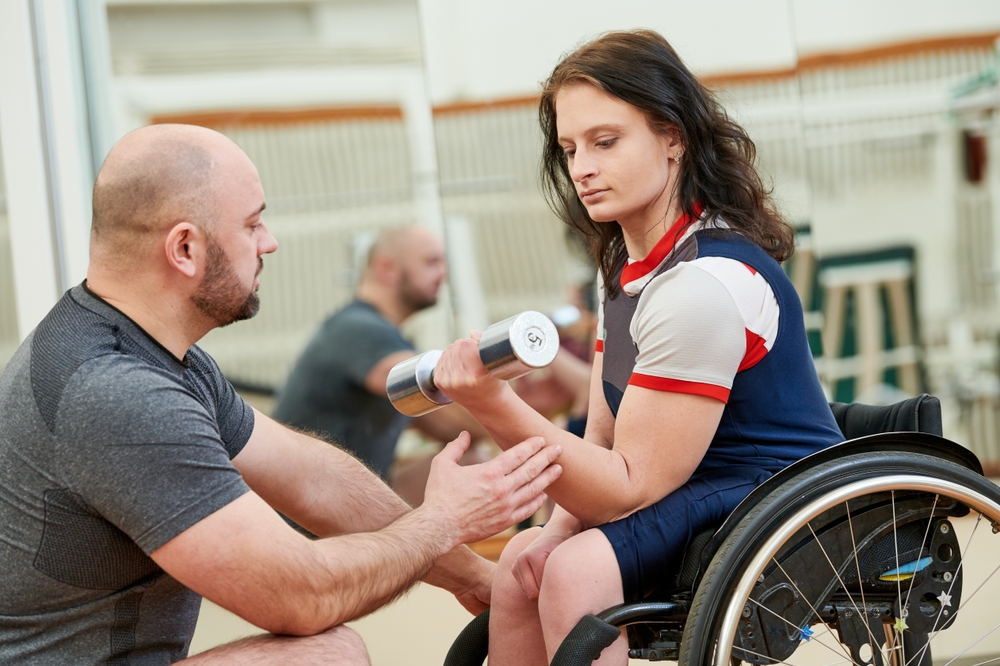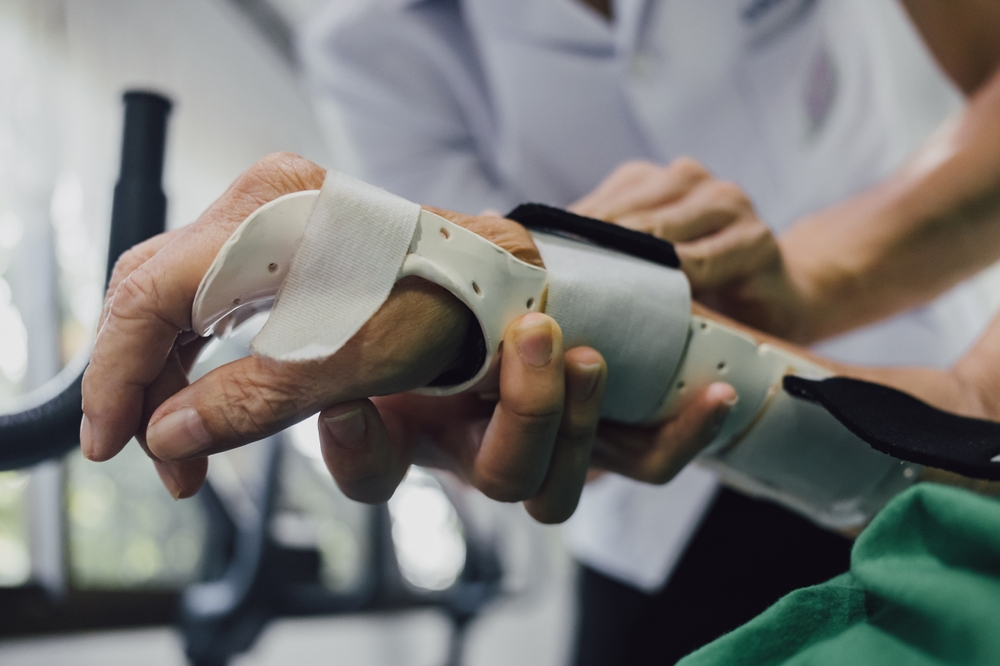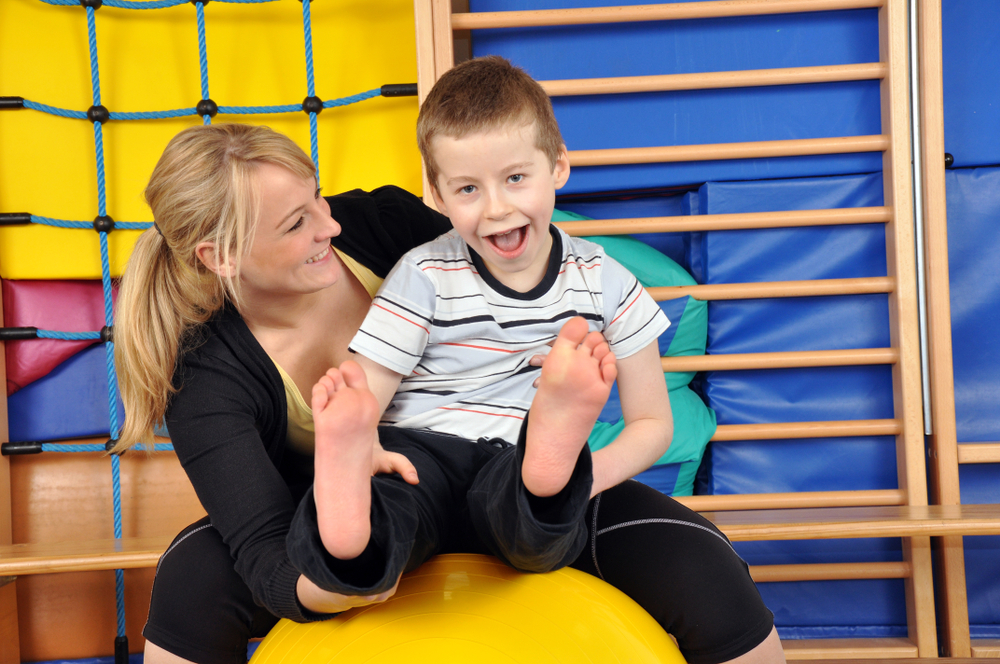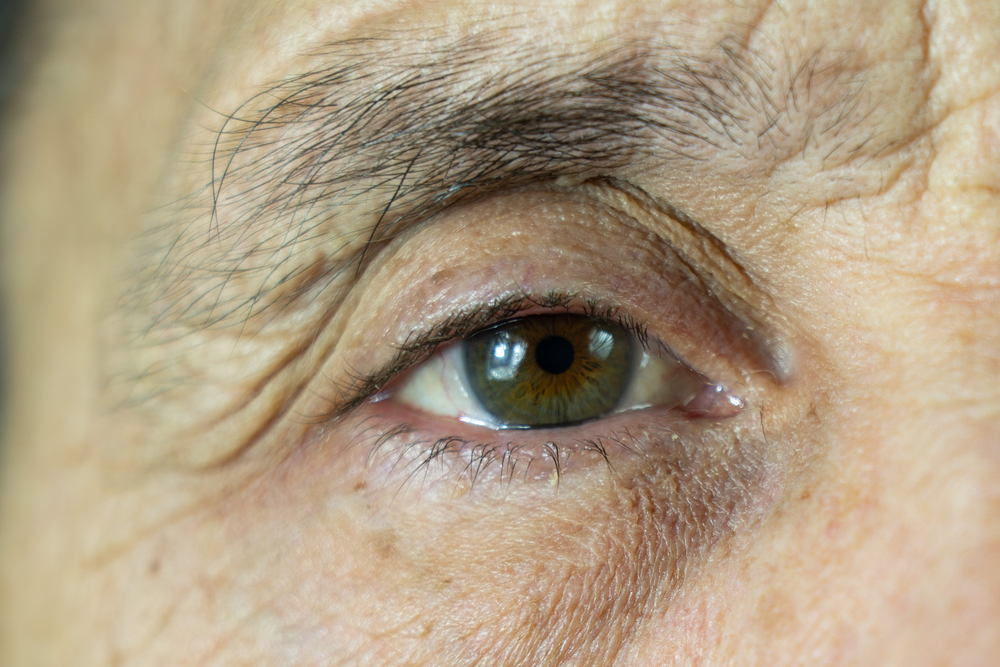Make an Appointment
For individuals and families navigating Autism Spectrum Disorder (ASD), accessing the right support can make all the difference. Multidisciplinary rehabilitation brings together experts from various fields, such as behavioural therapy, occupational therapy, speech pathology, and physiotherapy, to create a tailored, cohesive treatment plan. In this comprehensive guide, we explain why a multidisciplinary approach is essential, how it benefits clients, and why receiving all services from a single organisation can streamline care and optimise outcomes.

Understanding Autism Spectrum Disorder and the Need for Comprehensive Rehabilitation
What is Autism Spectrum Disorder?
Autism Spectrum Disorder is a developmental condition that affects communication, social interaction, and behaviour. The spectrum is broad, individuals may experience a wide range of challenges from sensory sensitivities to difficulties with social cues and repetitive behaviours. Early and ongoing intervention is critical to help maximise potential and support lifelong development.
Key Challenges in ASD
Social Communication Difficulties:
Many individuals with ASD experience challenges in initiating and sustaining conversations, interpreting social cues, and managing social interactions.
Sensory Processing Issues:
Over- or under-responsiveness to sensory input can cause discomfort and disrupt daily activities.
Behavioural and Cognitive Variability:
Differences in thinking and behaviour often require customised strategies for learning and adaptation.
Emotional Regulation:
Difficulty managing emotions may lead to heightened anxiety or frustration.
Understanding these challenges underscores the importance of a holistic rehabilitation program that addresses not only the core symptoms of ASD but also the broader impact on daily living.

The Advantages of a Multidisciplinary Approach
A multidisciplinary rehabilitation approach integrates various therapeutic disciplines to create a comprehensive, client-centred treatment plan. This method is particularly beneficial for individuals with ASD due to the complex, multi-faceted nature of the disorder.
Holistic Support:
By combining expertise from different fields, a multidisciplinary team addresses the diverse needs of individuals with ASD. This approach targets social, cognitive, emotional, and physical challenges simultaneously, leading to more balanced outcomes.
Personalised Treatment Plans:
Each person with ASD has unique strengths and challenges. A multidisciplinary approach allows for customised interventions that leverage individual abilities while addressing specific deficits.
Improved Coordination of Care:
When all services are delivered by a single organisation or through a closely coordinated team, care is more consistent and communication between professionals is seamless. This reduces fragmentation, ensures that treatment goals are aligned, and helps monitor progress more effectively.
Enhanced Outcomes:
Research shows that integrated rehabilitation can lead to better functional, social, and emotional outcomes. Clients benefit from a more structured and supportive treatment environment, which in turn fosters greater independence and improved quality of life.

Core Services in a Multidisciplinary Rehabilitation Program
A comprehensive rehabilitation program for ASD typically includes a range of therapies that work together to enhance overall functioning:
1. Behavioural Therapy (e.g., Applied Behaviour Analysis - ABA)
Behavioural therapy focuses on teaching new skills and modifying challenging behaviours through structured, repetitive practice. It helps individuals with ASD learn adaptive behaviours and improve social interactions.
Benefits:
- Enhances communication and social skills.
- Reduces disruptive behaviours through positive reinforcement.
- Builds a foundation for independent living.
Learn more about behavioural therapy for ASD at Autism Spectrum Australia (Aspect).
2. Occupational Therapy
Occupational therapy helps individuals with ASD improve their ability to perform daily activities, from self-care to classroom tasks. Therapists tailor interventions to enhance sensory integration, fine motor skills, and overall functional independence.
Benefits:
- Promotes independence in daily living.
- Improves sensory processing and motor skills.
- Supports participation in educational and social settings.
For more on occupational therapy, visit NDIS – Occupational Therapy.
3. Speech Pathology
Speech pathology services address communication challenges associated with ASD. These interventions focus on improving verbal and non-verbal communication, enhancing language skills, and supporting social interactions.
Benefits:
- Improves clarity of speech and comprehension.
- Supports the development of alternative communication methods if needed.
- Enhances social participation and self-expression.
Learn more about speech pathology for ASD at Australian Speech Pathology Association.
4. Physiotherapy and Exercise Physiology
Physiotherapy and exercise physiology address physical challenges by improving strength, balance, and coordination. These therapies often incorporate fun, functional exercises that mimic everyday activities.
Benefits:
- Enhances gross motor skills and physical endurance.
- Improves balance and reduces the risk of falls.
- Supports overall health and well-being.

Best Allied Health Disciplines to Assist
Choosing a single organisation that offers a full spectrum of services can streamline your rehabilitation journey. Here’s why working with one provider is beneficial:
Integrated Care:
Receiving services from the same organisation ensures that all therapies are coordinated. This integration leads to a unified treatment plan where each discipline complements the others, avoiding conflicting advice and treatment gaps.
Consistency and Communication:
Allied health professionals within one organisation can communicate seamlessly, ensuring that treatment goals are aligned and progress is monitored collectively. This cohesive approach results in more effective interventions and faster improvements.
Convenience and Accessibility:
In-home services provided by one organisation, such as our Mobile Physiotherapy and Occupational Therapy services, reduce the burden of travel and scheduling, making it easier for families to access the care they need.
Comprehensive Support:
A multidisciplinary team within a single organisation can address all aspects of rehabilitation, from physical and communication skills to emotional and behavioural support, offering a holistic treatment experience that is tailored to your unique needs.
Cost-Effectiveness:
Bundling services from one provider may result in more cost-effective care, with coordinated treatment plans reducing the need for redundant assessments and conflicting treatments.
By choosing a single, integrated provider for your rehabilitation needs, you can experience more streamlined, consistent, and effective care.
Learn more about our integrated allied health services by visiting the Physio Inq Website

Frequently Asked Questions
What is multidisciplinary rehabilitation for ASD?
Multidisciplinary rehabilitation for Autism Spectrum Disorder involves a coordinated approach that includes various therapies, such as behavioural therapy, occupational therapy, speech pathology, and physiotherapy, to address the diverse needs of individuals with ASD.
Why choose a multidisciplinary approach?
This approach provides comprehensive, tailored support that addresses all aspects of a person’s challenges, from physical and communication skills to emotional and behavioural issues. It ensures that all therapies work together cohesively, leading to better overall outcomes.
What are the benefits of receiving care from one organisation?
Integrated care from a single organisation enhances consistency, streamlines communication among professionals, reduces logistical challenges, and often results in cost savings, all of which contribute to more effective and personalised rehabilitation.
Who can benefit from multidisciplinary rehabilitation?
Individuals with ASD of all ages can benefit, whether they are children, adolescents, or adults. This approach also supports caregivers by providing a clear, coordinated treatment plan that addresses the full spectrum of needs.
How can I access these services?
Many multidisciplinary rehabilitation services are available through in-home consultations and appointments. For personalised advice and a tailored treatment plan, please contact Physio Inq.

Conclusion
Multidisciplinary rehabilitation for Autism Spectrum Disorder offers a comprehensive, integrated approach that can significantly enhance the quality of life for individuals with ASD. By combining behavioural therapy, occupational therapy, speech pathology, physiotherapy, and more into a unified treatment plan, clients can benefit from consistent, coordinated care that addresses their unique needs.
Receiving all these services from one organisation ensures streamlined communication, improved consistency in care, and a more convenient and holistic approach to rehabilitation. This integrated model empowers individuals to achieve the best possible outcomes, leading to greater independence, enhanced social participation, and an overall improved quality of life.
Take the Next Step:
If you’re ready to explore a tailored, multidisciplinary rehabilitation program for Autism Spectrum Disorder, contact us today to book an appointment or make a referral. To learn more about our comprehensive services, please explore:
Take the first step toward achieving the best possible outcomes through integrated, multidisciplinary care.

Date Published: Friday, March 28, 2025
Locate a Paediatric Occupational Therapy
Service Near me
Get the experience & convinence you deserve to support your or a loved one's allied health needs.
Our Paediatric Occupational Therapy team are currently serving & taking appointments in the following states and regions in Australia:
New South Wales
- Blacktown
- Blue Mountains
- Campbelltown And Macarthur
- Canterbury-Bankstown
- Eastern Suburbs Sydney
- Georges River
- Hawkesbury
- Inner East Sydney
- Inner West Sydney
- Lower North Shore
- Newcastle
- Northern Beaches
- North Sydney
- Parramatta
- Penrith
- South West Sydney
- Sutherland Shire
- Sydney CBD
- The Hills Shire
- Upper North Shore
- Waverley
- Wollongong
Tasmania
Victoria
Need to get into direct contact with ur Client Services team? We're all ears. Call our team directly on 1300 731 733
